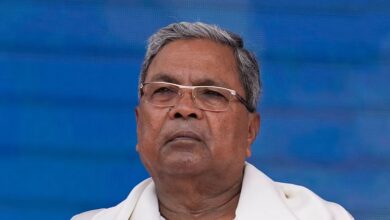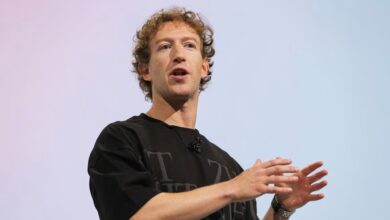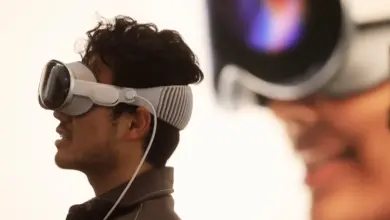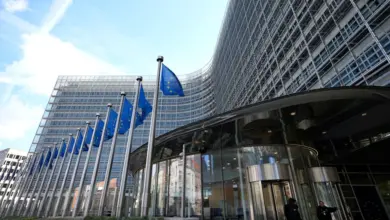Much has been written about how the success of Egypt's recent revolution showed how social networking website Facebook represents a threat to entrenched, authoritarian governments throughout the world. More recently, however, Facebook has taken on an additional role as a space in which to convene and discuss how to build a nation’s future.
What Facebook has managed to accomplish was to make those traditionally disinterested in politics increasingly engaged in it through online discussions.
"In Egypt, Facebook was [initially] used more for social purposes than for political activism,” said Nasser, a 24-year-old student, told Al-Masry Al-Youm.
“But lately, Facebook has become influential [politically]. When I saw the call for demonstrations on 25 January, I thought it was an event of no importance, and I did not give much attention to it. However, when the Internet was cut off, I became aware of how serious this movement was, and how worried the government was about it.”
On 28 January, Egypt underwent an unprecedented state-imposed Internet outage in an attempt to curb protests after demonstrators had managed to take over the streets of several cities on 25 January. The outage was preceded by reported blockages of Twitter and Facebook in Egypt.
“When Mubarak liberalized the Internet and media services in 2000, he didn't imagine it could have such an important impact, or that people would use the new medium to realize their rights,” said Nasser.
According to Naila Hamdy, assistant professor at the American University in Cairo’s department of journalism and mass communications, “This social medium broke the disinterest and fear, and now you can find people on Facebook who never discussed politics, asking about changes to the constitution.”
“While traditional media sources tend to polarize the debate presenting extreme viewpoints, on Facebook you can find other perspectives that would never have been aired otherwise,” said Hamdy. “Egypt is discovering political debate not only on the ground but also in cyberspace.”
At this point, the role of Facebook is transcending that of mere mobilization. According to Hend AbdAlmotagallyat, activist and teaching assistant at Cairo University, “Now we added to Facebook the task of discussing and debating [our political future], writing up our to-do list and delivering it to the government.” Hend explains that she is now highly engaged in discussing the future of Egypt on Facebook groups, shared notes and forums.
The medium has been further embraced as a virtual platform in which to practice democracy. According to Rasha Abdulla, associate professor and chair of the journalism and mass communications department at AUC, “Social media such as Facebook allows Egyptians to discuss matters, generate new ideas on how to rebuild the country, proceed through the transition, support protesters, and even to convince them to leave. The exchange of ideas is good. We are only just learning how to talk to each other and, more importantly, to listen.”
During the recent unrest, Facebook also served as a space for citizen journalism, where people reported on protests free from the disinformation put out by many mainstream media organizations.
Joseph Viscomi, anthropology and history PhD student at the University of Michigan, actively tried to share the information he received from his Egyptian friends. “I think Facebook allowed for a kind of transparency that was not there before,” Viscomi explains. “It served as a helpful ground for debate and information-sharing. Facebook and social media gave us an opportunity to begin holding our governments accountable for their behavior.”




